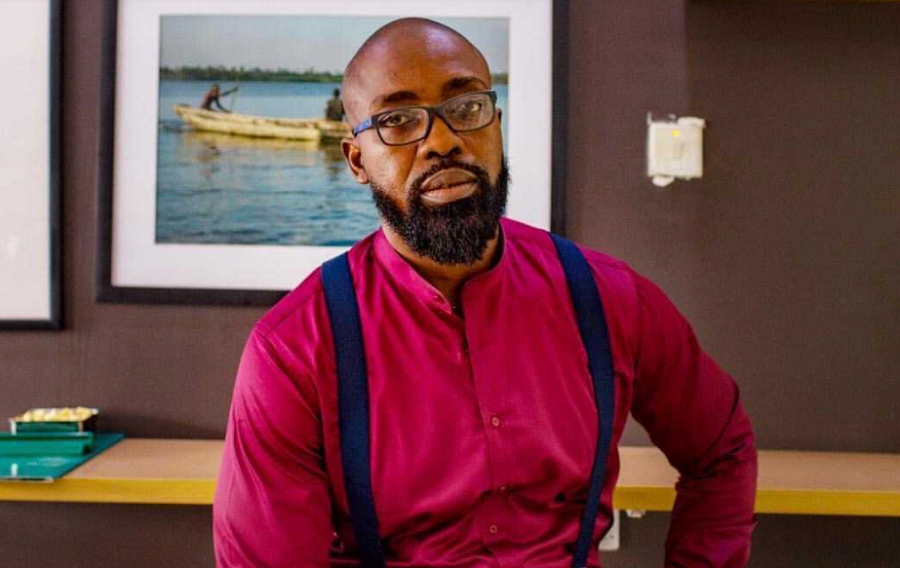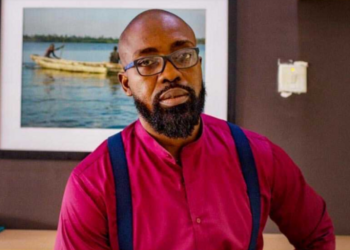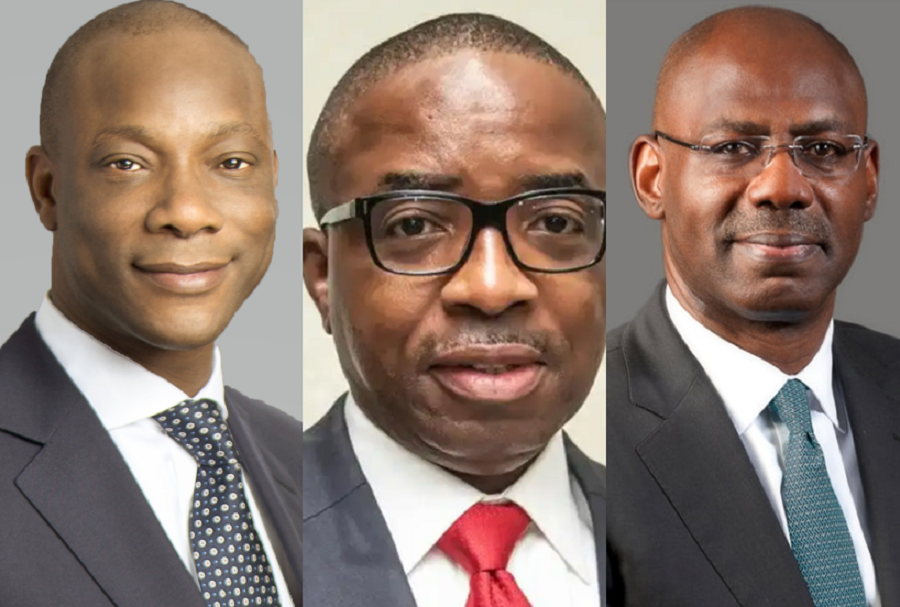Financial inclusion is generally the target of fintechs and other firms in the financial ecosystem and this is even more so for Awabah, a startup focused on getting financial services to the unbanked. Speaking during the Nairametrics Business Half Hour, Co-Founder of Awabah, Tunji Andrews said that after a decade of driving financial literacy, he decided that the time was right to take financial services to the last mile.
“It was always frustrating that the financial product people wanted was different from the financial services available, and after years of educating people, I thought I was in the right position to provide the services I know people need but are not getting in the local areas,” Andrews said.
From being a concept 2 years ago, Awabah was launched in 2020. The financial inclusion target meant that they would either go into micro-insurance or with micro-pensions to get the rural dwellers to make financial plans for the future either through insurance schemes or pension schemes. Both schemes are not considered natural to the average Nigerian or unbanked person, and that explains why financial institutions had difficulties with general reception in the past, even though these products are essentially meant to reduce poverty by distributing wealth and risks.
Andrews decided to start with micro-pensions since the unbanked Nigerians typically make no plans for a time they would no longer be able to work, and instead hope on their children to cater for them in old age. Launching the product in 2020 had to come with a lot financial education and enlightenment in those areas to help them understand the importance of a pension plan and how to better plan their money.
“Aged poverty isn’t a number we track in Nigeria because, by the stats, we have just about 5 million people 65 years and over. But can you imagine the poverty effect when the 25-45 years join that age group, especially if we don’t actively push for retirement savings?” Andrews asked.
Since Awabah is not licensed as a Pension Fund Administrator, the startup partnered with Leadway Pensure in late 2020, to handle the micro-pensions funds administration while it continues the drive into the market. Though the products are also open to other self-employed persons and business owners who want to be a part of it, the business model focuses on the people at the grassroots.
PENCOM had already extended the micro pension to the informal sector for a while now, but it had yet to gain traction due to a poor understanding at the local level.
“Every financial product we see also exists at the local level, it is not just at the level we have it in the formal sector and it is not regulated. For the informal sector, it is self-contributory, done daily, weekly or monthly, and they decide how much they want to contribute. This is quite similar to the esusu or the ajo system. So we use what they understand and identify with to explain it to them. We let them know that in this case, they don’t pay for it like it is done in their local system, and instead they get some interest on their money,” Andrews explained in the show.
As against the regular system where the locals seem intimidated by the suits-and-tie agents from the banks, Awabah uses the local agent network to build trust, employing the help of people in the locality whom they already know and relate with. The tagline “this bah, nah your bah, nah my bah, nah Awa-bah,” in itself passes across a feeling of comradeship and communal goal that they would want to be a part of.
Since it is easier for them to trust the system when one of their own is involved in the collection process, this system has seen Awabah achieving impressive results within months of operation. After getting them to sign up, the next point to get them to access more financial services is teaching them to adopt the USSD options since most of them do not have smartphones.
Though Awabah is still less than a year old and has had to grapple with the manpower and logistics challenges resulting from the coronavirus pandemic, the founder has big dreams of matching the current number of people holding micro-pensions in Nigeria at the moment within the next year. There are also plans to roll out its financial products across Africa in the next decade, to help more people access financial services, and eventually get out of poverty.






















